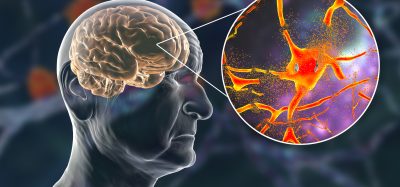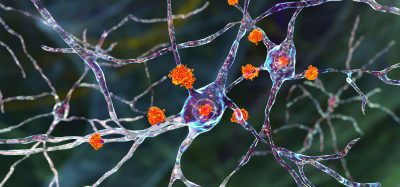Evaluating the anti-obesity effects of tocotrienols
Posted: 19 April 2024 | Drug Target Review | No comments yet
The new study found T3s treatment exhibited neuroprotective effects in HFSD-fed mice by mitigating oxidative stress.


Researchers from the Shibaura Institute of Technology have investigated the complex mechanisms underlying cognitive impairment linked to obesity, the major worldwide health issue typically associated with cardiovascular disease (CVD) and diabetes. They studied the neuroprotective effects of tocotrienols (T3s) in mitigating the adverse impact of diet-induced obesity on brain function. Ultimately, their findings may reduce the prevalence of conditions such as Alzheimer’s disease (AD) and Parkinson’s disease (PD).
Belonging to the vitamin E family, T3s are a group of naturally occurring chemical compounds. Past studies have shown that T3s have neuroprotective and anti-obesity properties. They can pass through the blood-brain barrier (BBB) and enter cells to produce antioxidant effects. However, there is little understanding about how T3s contribute to the decline in brain function initiated by obesity.
To address this, the researchers used a mouse model system. They subjected C57BL/6 male mice to either a high-fat, high-sucrose diet (HFSD) or a control diet, supplemented with or without T3s. The team first evaluated the anti-obesity effects of T3s by incorporating a 50mg T3s mixture into 100g of both experimental diets. Using the Morris water maze and Y-maze tests, important parameters, like body weight, fat deposition, serum cholesterol, triglyceride, and glucose concentrations, were assessed alongside cognitive function. Furthermore, markers of oxidative stress and proteomic changes in the cortex were analysed.
Although HFSD feeding induced obesity in the mice, supplementation with T3s did not mitigate weight gain. However, T3s treatment demonstrated a significant improvement in cognitive function, evidenced by enhanced learning ability in HFSD-fed mice.
Also, the role of oxidative stress in obesity-induced cognitive decline was revealed. HFSD-fed mice exhibited increased brain oxidation levels. Notably, T3s treatment seemed to mitigate this oxidative stress, indicating a possible mechanism for their neuroprotective effects. As well as this, the scientists discovered that respiratory metabolism decreased and the temperature around brown adipose tissue increased in mice fed with HFSD, contrary to expectations, which suggests that HFSD may have a complex impact on metabolic processes and temperature regulation in the body.
Dr Yugo Kato, assistant professor, elucidated: “Lastly, we wanted to examine the protein change associated with the consumption of the HFSD. So, we performed a quantitative proteomic analysis of the mouse cortex. Our focus was on the proteins that were expressed differently between the HFSD and control groups.” In comparison to the control group, the team found that obesity brought on by HFSD feeding changed 12 proteins, and mice treated with T3s showed considerable prevention of these changes.
This study represents a significant advancement in our understanding of the relationship between obesity and cognitive decline, which could lead to new therapeutic interventions.
This study was published in the International Journal of Molecular Sciences.
Related topics
Animal Models, Drug Targets, Neuroprotection, Neuroprotective compounds, Neurosciences
Related conditions
Alzheimer's disease (AD), Obesity, Parkinson's disease (PD)
Related organisations
Shibaura Institute of Technology
Related people
Dr Yugo Kato (Shibaura Institute of Technology)








